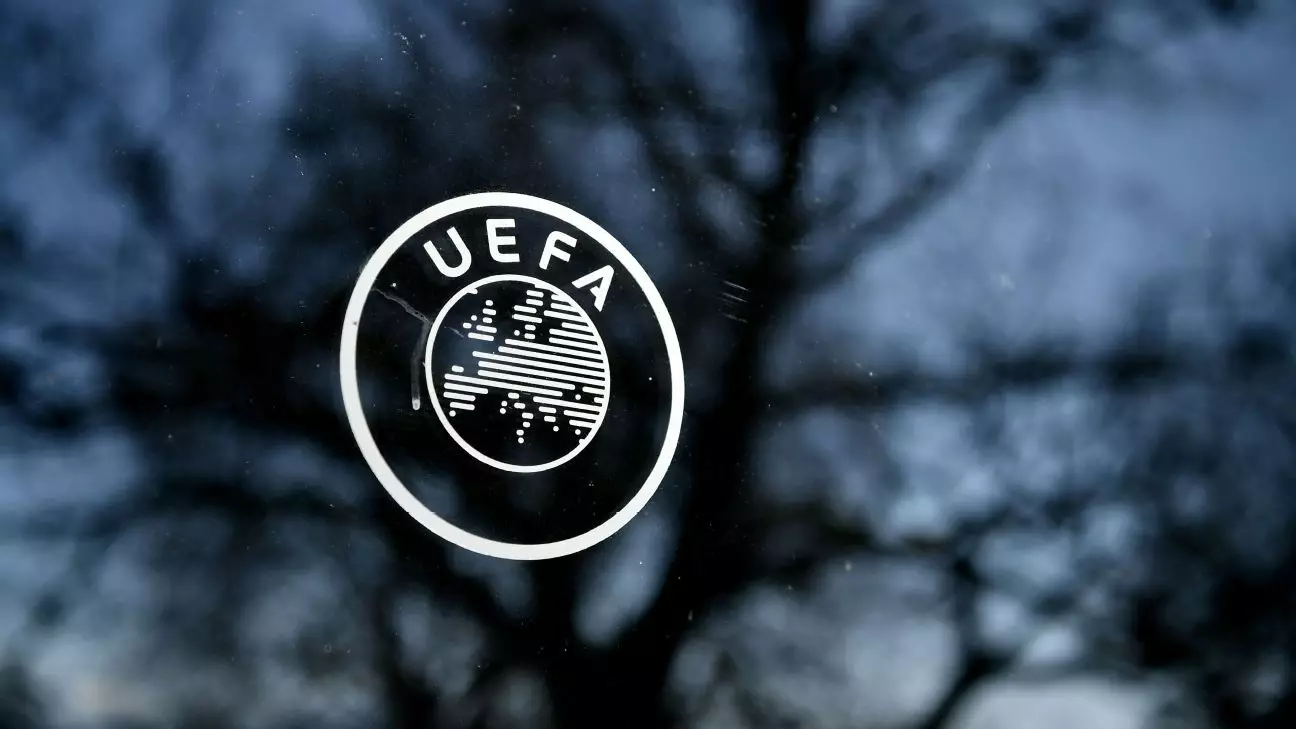In a significant move for the governance of football, UEFA has announced a seat for the professional footballers’ union, FIFPRO Europe, on its executive committee. This initiative reflects a growing recognition of the need to include player input in shaping the future of the sport, particularly concerning pressing issues like the increasingly congested match calendar. The agreement, revealed recently, aims to elevate the players’ voices within European football, an endeavor that comes amidst mounting discontent among athletes regarding their demanding schedules.
With the football calendar becoming more congested each season, players have reached a breaking point. The issue has been publicly championed by top talents like Rodri, the recent Ballon d’Or winner, who has suggested that a strike could be on the cards if the situation fails to improve. Such sentiments underline the urgency of the situation: players are evidently feeling the strain of excessive match demands. As UEFA President Aleksander Ceferin emphasized, “Players are at the heart of football, and their perspectives must shape the decisions taken.” This acknowledgement signals a paradigm shift in the football governance landscape, positioning player welfare as a priority.
The new agreement between UEFA and FIFPRO Europe is more than symbolic; it represents a commitment to incorporate the views of players in decisions affecting their professional lives. By securing a stake in the UEFA Executive Committee, players will have a substantial platform from which to advocate for their needs and well-being. The decision could lead to reforms addressing player workload, a vital step in ensuring the longevity and happiness of athletes within the sport.
The Context of the Agreement
This partnership is particularly timely, as FIFPRO Europe recently filed a formal complaint with the European Commission over FIFA’s expansion of the men’s World Cup and Club World Cup. This complaint notably excludes UEFA, pointing to a larger debate about governance and consultation in international football. The complaint underscores a fundamental issue: the potential breach of EU competition law, suggesting that FIFA’s decisions lacked adequate consideration of player interests. UEFA’s willingness to partner with FIFPRO, therefore, may seek to contrast its approach with FIFA’s, by demonstrating a commitment to collaborative decision-making.
Traditionally, UEFA’s leadership model has placed little emphasis on direct player influence. The recent expansion of tournament formats, such as those witnessed in the Champions League and Europa League, has rendered the situation even more contentious. Many clubs now face the reality of an increased number of matches, which raises concerns about the physical demands placed on their players. By including active players in a newly conceived Professional Players’ Advisory Forum, UEFA has signified a recognition of these challenges and a desire to address them more effectively.
As the football landscape evolves, the need for inclusivity in decision-making processes becomes more evident. UEFA’s evolving approach demonstrates responsiveness to external pressures, notably from legal challenges by clubs like Real Madrid and Barcelona regarding the proposed European Super League. These challenges, which involved rulings from the European Court of Justice, display the necessity of involving various stakeholders, including players, in the governance structure.
The establishment of this advisory forum, alongside the newly appointed seat on the executive committee for a FIFPRO delegate, is a promising development. It fosters an environment where active players can contribute their insights regarding crucial issues that affect their employment conditions. FIFPRO Europe President David Terrier heralded the agreement as a “hugely positive milestone,” indicating that this framework could serve as a model for better governance in sports.
UEFA’s decision to engage directly with FIFPRO and players signals a critical step toward a more equitable and responsive football governance system. As players gain representation on the executive committee, the hope is that their voices will lead to meaningful reforms aimed at prioritizing player welfare in an era of ever-increasing competition. This collaborative framework has the potential to redefine the relationship between governing bodies and players, creating a more sustainable future for football.
